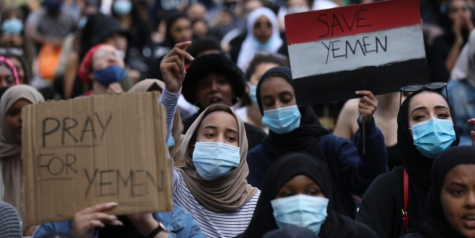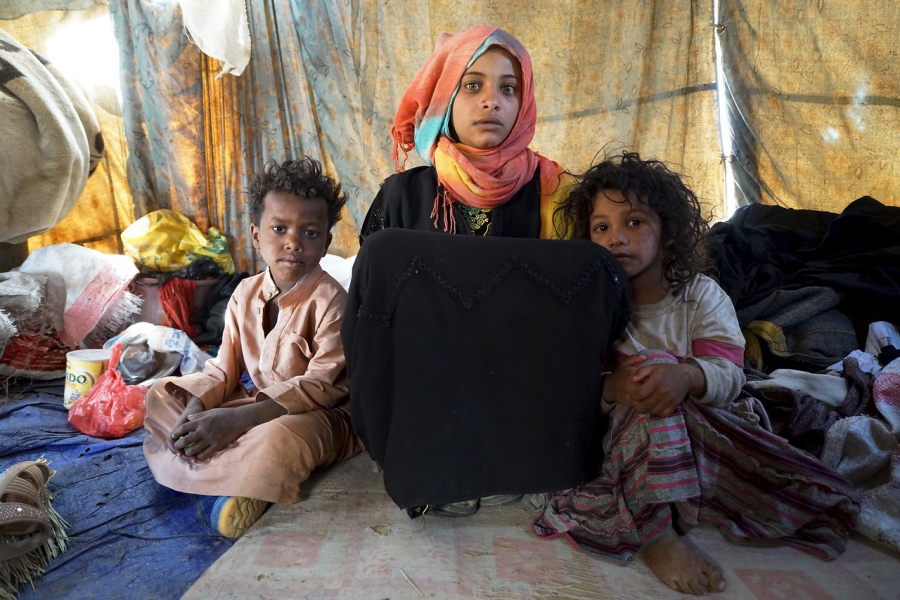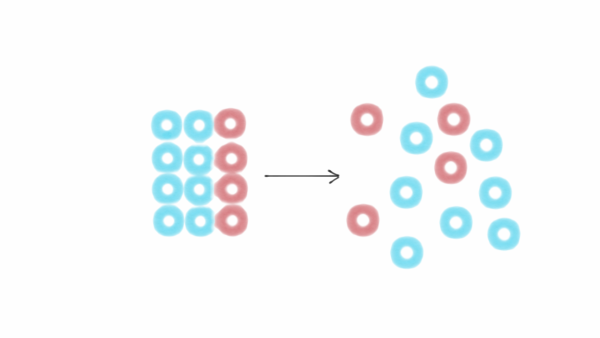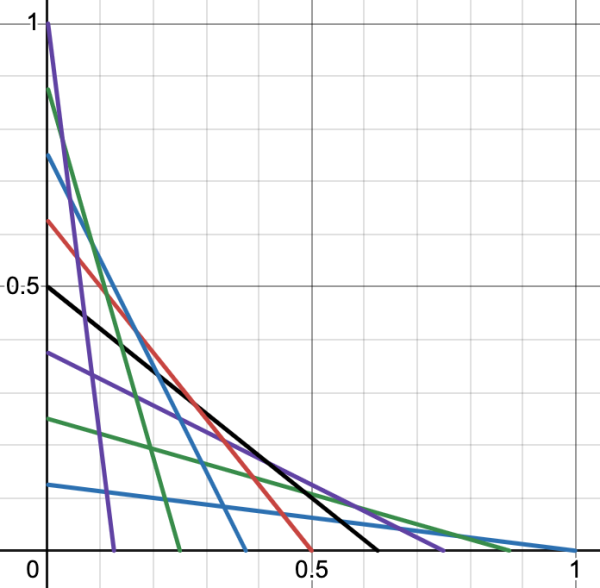The Crisis in Yemen
“The master of the people is their servant.”-Yemeni Proverb
October 12, 2020
Known in the past as the “Happy Land” for its fertile lands and abundant agriculture, Yemen is a country located at the southern end of the Arabian peninsula, with a population of around 28.5 million people. It produces a large variety of exports including oil, coffee, and natural gas, mainly trading with countries such as Egypt and Thailand. Yemen is a culturally rich nation, with traditions coming from the origins of Islam as well as the Sheba Kingdom and Yemenite Jews. Its immense beauty in landscape, culture, and traditions are clearly evident. 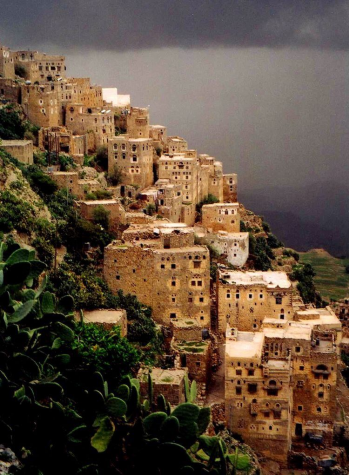
Yemen is currently going through one of the worst humanitarian crises in the world. Food insecurity, famine, poverty, and war have devastated the nation, killing over 100,000 people, including 12,000 civilians. The origins of the conflict date to 2014, when the Houthis-Shiite rebels took control of Sana’a, Yemen’s capital. The city was captured in an attempt to lower prices and reestablish a new government, but when demands were not met the Houthis captured the presidential palace.
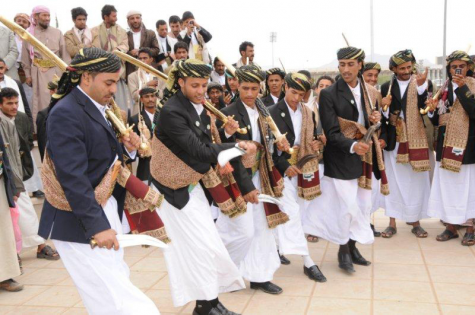 President Abd Rabbu Masour Hadi and his council resigned and fled after the seizure of the capital. However, another former ousted President by the name of Ali Abdullah Salleh sided with the Houthis in 2016 to establish a new “political union”. He then decided to go against the Houthis to establish his own policy, which ended with him being killed in December of 2017. Eventually, President Hadi, the president who resigned, called for a coalition of states and the UAE (United Arab Emirates) to stop the Houthis, initiating a conflict that continues till present day.
President Abd Rabbu Masour Hadi and his council resigned and fled after the seizure of the capital. However, another former ousted President by the name of Ali Abdullah Salleh sided with the Houthis in 2016 to establish a new “political union”. He then decided to go against the Houthis to establish his own policy, which ended with him being killed in December of 2017. Eventually, President Hadi, the president who resigned, called for a coalition of states and the UAE (United Arab Emirates) to stop the Houthis, initiating a conflict that continues till present day.
Yemeni civilians have been terribly affected by the civil war. 14 million people in the nation are at risk of starvation due to a lack of food resources and diseases from lack of clean water resources. The airstrikes of schools, shopping centers, homes, and churches have left around 6,800 children wounded and killed. There has also been restriction of food and aid to the Yemeni population, due to the Saudi’s restriction on imports and the Houthis taking the dire food that is needed. Workers have been kidnapped and detained, unable to help this dire situation. Nama, a civilian of Yemen, in the Guardian article “Yemen Daily Struggle for Survival Behind Divided Lines” stated, “This time everyone is affected wherever they are, even if it’s a long way from the fighting,” she said. “In this war thousands of women and children have been killed, look what they have done to Yemen.”
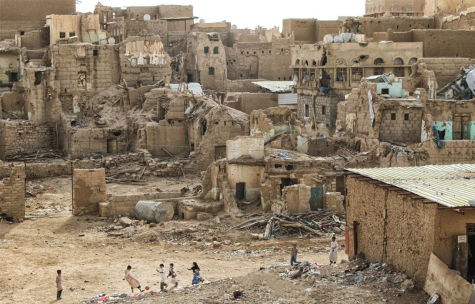 People all around the world have noticed this tragedy, and have started petitions and donations to support the civilians in Yemen. UNICEF has helped over 7 million people gain access to safe drinking water and treated more than 343,000 children for severe malnutrition. Organizations such as the UN World Food Programme and Médecins Sans Frontieres have also provided food and healthcare to the nation.
People all around the world have noticed this tragedy, and have started petitions and donations to support the civilians in Yemen. UNICEF has helped over 7 million people gain access to safe drinking water and treated more than 343,000 children for severe malnutrition. Organizations such as the UN World Food Programme and Médecins Sans Frontieres have also provided food and healthcare to the nation.
Yemen is in dire need of peace, not just a truce flag. As Yemeni human rights activist and journalist Tawakkol Karman stated, “Peace does not mean just to stop wars, but also to stop oppression and injustice.”